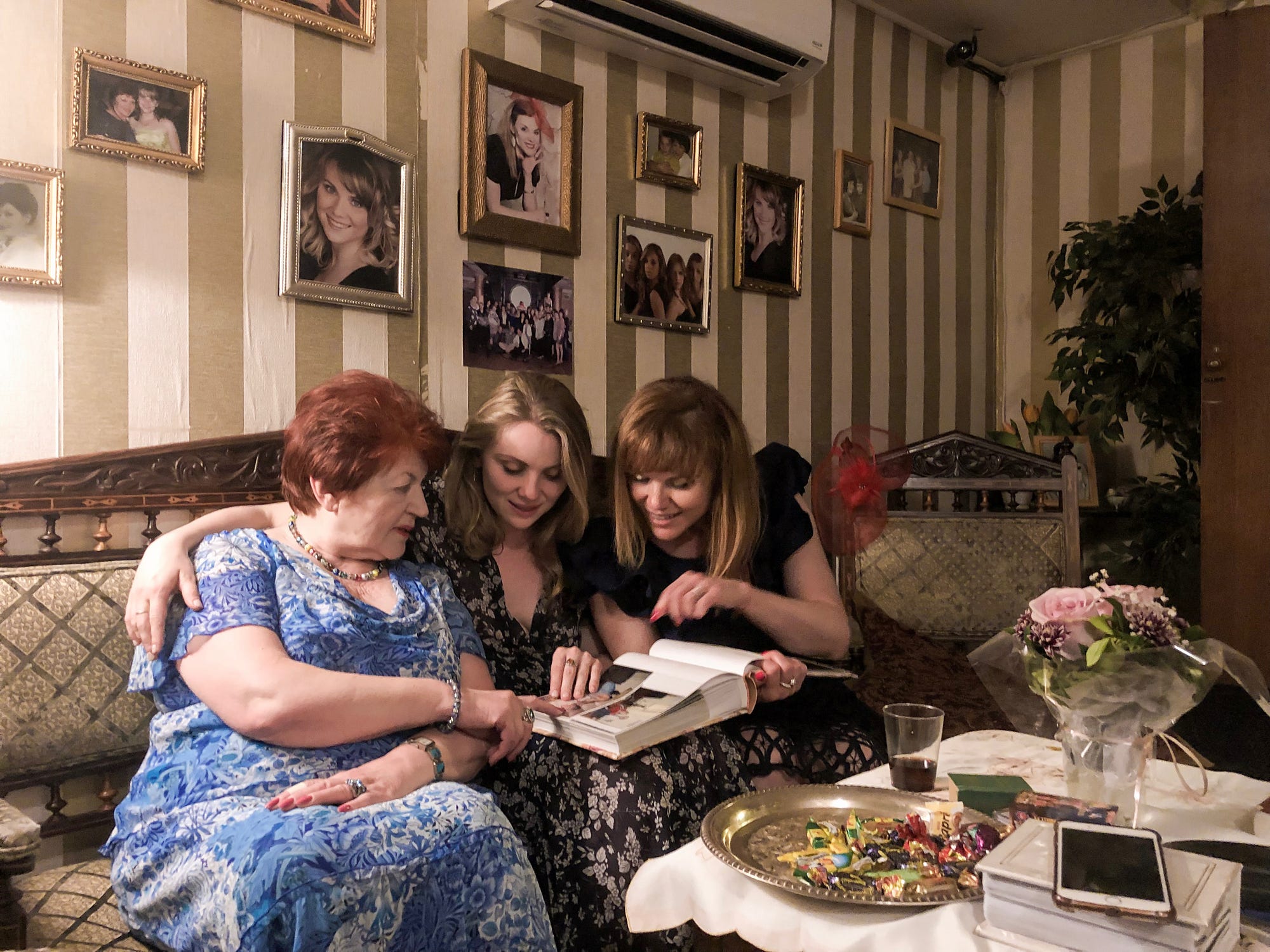
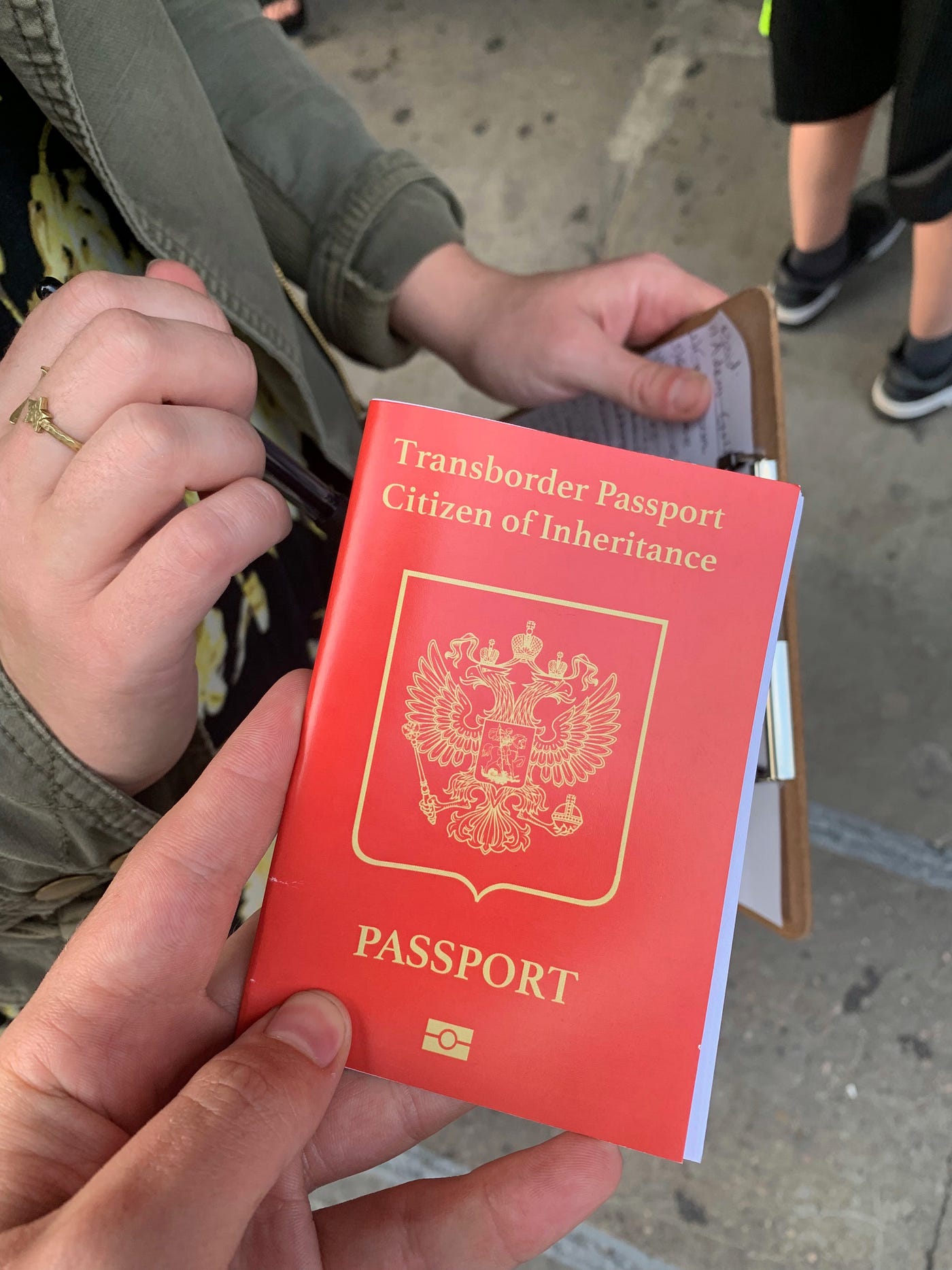
I look down at the Transborder Passport I have been handed. I am instructed to fill in my name, my nationality, my place of birth, and to write my response to the question, “What does inheritance mean to you?”.
The border control agent stares at me as I hurriedly fill in my papers, and I am ushered from the street into a dark descending stairway. Old family portraits, presumably of past successful immigrants, line the walls of the stairs, and an ominous radio announcement plays overhead as I reach a closed door. I pick up some lines being spoken in English, but it is just one of a mish mash of languages being played to us.
You may find that the lines between reality and imagination, fact and fiction, guide and tourist, you and other, become blurry as you move through memory. If so, do not panic. This is a natural side effect of investigating identity.
The door suddenly opens, and I am warmly welcomed into a “museum of inherited identity,” the space which we will be exploring this evening. My shoes are taken away from me and I am given “tapachki,” a pair of Russian slippers to put on, so as not to upset Babushka. We are here to celebrate her birthday, as her family and friends. The “museum” concept seems to have morphed into a real-life living room setting, which is a switch that is never really answered or addressed. Perhaps this is a modern-day real-life Tenement museum? I wonder. (I later find out that there is a self guided augmented reality installation utilizing the space as part of Inheritance, which would seem to be more in line with my expectations of the “museum” concept, as opposed to the high energy performance I am about to witness, and both are part of a bigger project.)
The living room is busy and crowded, with family photos spread all over the walls and on every possible surface. In the corner, there is a TV playing home videos of a small girl, one getting progressively older, and better at gymnastics, as the videos continue. The lights suddenly dim, and from behind me comes a quiet voice, singing. The source of the music appears: it’s a grown woman with a blindfold on.
A radio narrates her appearance:
Navigating my identity feels like wandering in a labyrinth, sometimes with a blindfold around my eyes.
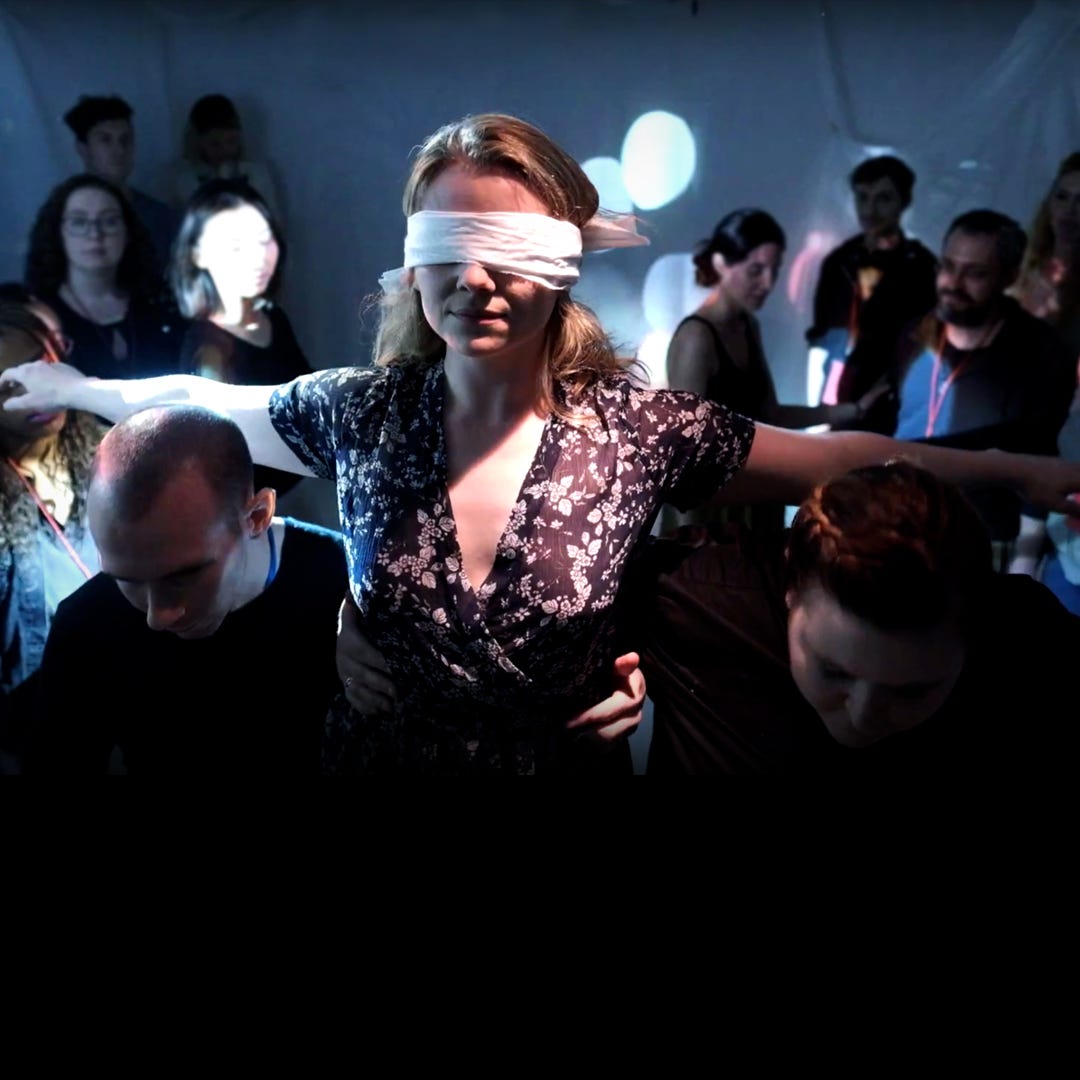
Inheritance is the creation of Katya Stepanov, the mysterious blindfolded woman, a woman I have never met, but am following during tonight’s performance. I feel like I have known her all my life. And as made clear from these opening scenes, Inheritance is to be an exploration of identity. Once her blindfold is removed, Katya (or Ekaterina Olegovna) is interrogated by three women, bringing the audience painfully up to speed on the challenges many young immigrants face, in a way that is all to close to home for any of us who’ve moved schools or countries while growing up:
“What is your name?”
“Where are you from?”
“But why don’t you have an accent?”
“How long have you been here?”
“Oh, so you’re pretty much American, then?”
“Do you speak Russian?”
“You’re Jewish?!”
“But why don’t you look Jewish?”
It is an uncomfortable exchange, and one which I have been familiar with personally, and seen far too often on the playground as a teacher. There are no “bad guys” here, just uninformed people trying to understand, and woefully missing the target in their judgments. Preconceptions and stereotypes are not innate, but taught, and this short exchange shows just a small part of what many immigrants have to deal with on a regular basis.
Get Edward Mylechreest’s stories in your inbox
Join Medium for free to get updates from this writer.
SubscribeSubscribe
The lights brighten, and we are suddenly transported into another scene, another moment, another memory. Katya introduces us to Babushka Rimma, her Grandmother — her actual grandmother. They speak in Russian, with Katya translating. Her mother is here as well (yes, her real mother) and as they pass around exquisite Russian dumplings for us to try, we learn more about their family. The three of them look so similar. In some of the photos, it is hard to tell who is who and from which era. The entire situation feels very surreal, as I (and the other twenty audience members) are welcomed into their family.
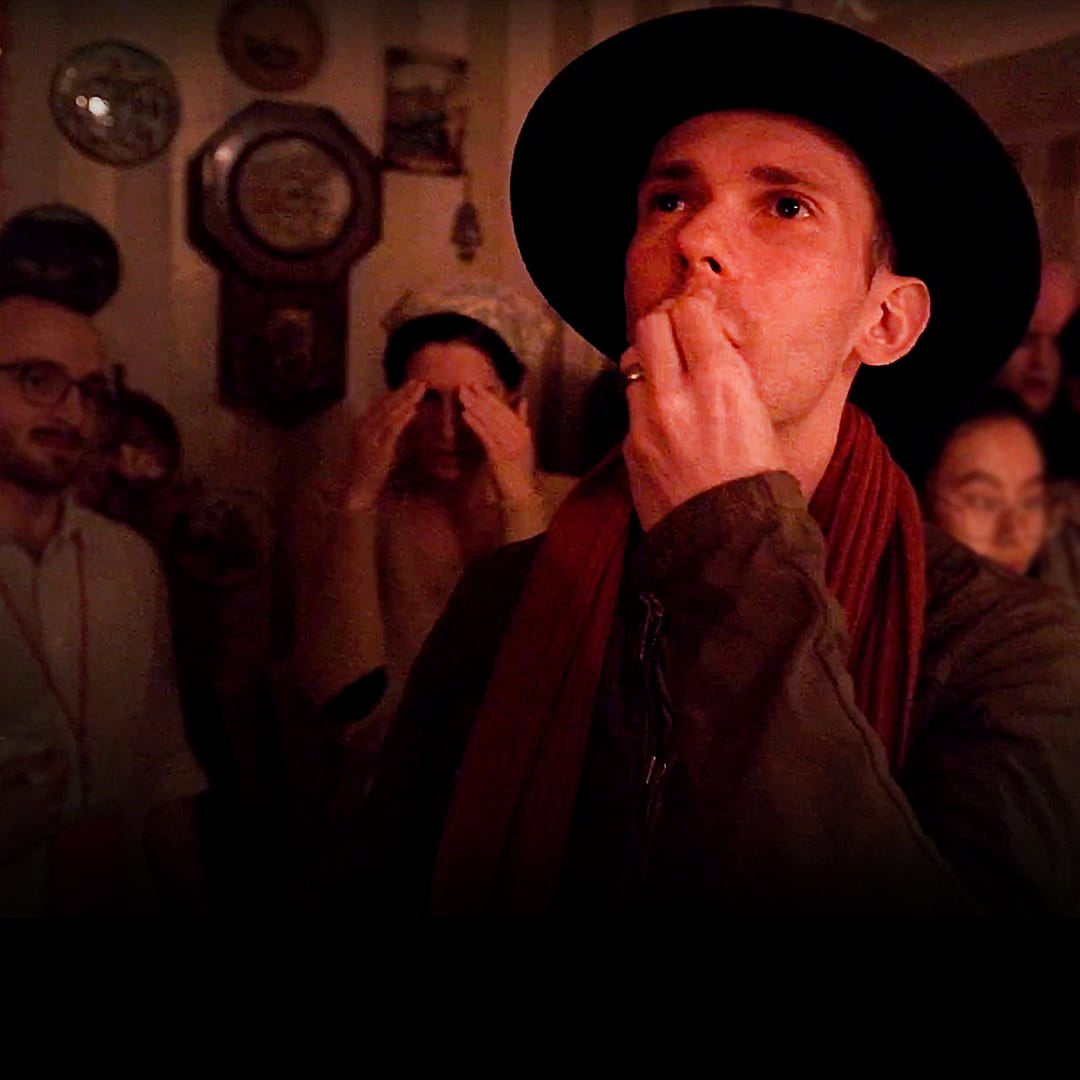
Now, as a critic, I think it is important to be able to critique your own biases, and I certainly have those when it comes to this story. I am a British immigrant to the United States but have been a “foreigner” for much of my life. As a child, we moved from the UK to Australia, where I was always too “English” to fit in, but when we moved back to the UK, I was always too “Australian” in comparison. For some reason, I have put myself right back into this situation by moving stateside as an adult. I am quite aware that these experiences are nothing like the experiences of Katya, a Russian Jew growing up in New Jersey, but it is impossible for me to not be personally moved and reminded of my own experiences growing up. The nostalgia brings with it a twinge of sadness as I look at the comparisons between her experiences and my own. I am of course grateful for all of the amazing experiences that have lead me to being who I am today, but this show provided me an opportunity to actively reflect on those experiences, and on those experiences that perhaps I missed out on growing up.
As I look around, I am reminded that every single spectator here has their own inheritance story. Katya is not the only one with an inheritance story to share, and we hear brief snippets from the supporting actors and crew, who are here on this journey with us. We touch on immigration, religion, anxiety, family lineage, and even pop culture, during a scene centered around Katya’s fandom of Madonna. Inheritance asks the question who would I have become in a country that was my own, where everyone spoke my language, and where nothing I would say would seem unusual?
In a relatively short amount of time (just over an hour) Inheritance seeks to deal with deep rooted issues of identity, which is quite the rabbit hole to fall down. Some topics are covered better than others, through separate scenes that play out as the group splits up and the “dark ride” portion of the performance begins. We receive a frenzied lecture on the history of the Jewish people, an explanation of “our” culture, and where “our guilt” comes from. As someone who is not Jewish, it felt uncomfortable to laugh along with some of the jokes here, but it was a fascinating insight into what can be passed down through generations, and what effect that can have on us today.
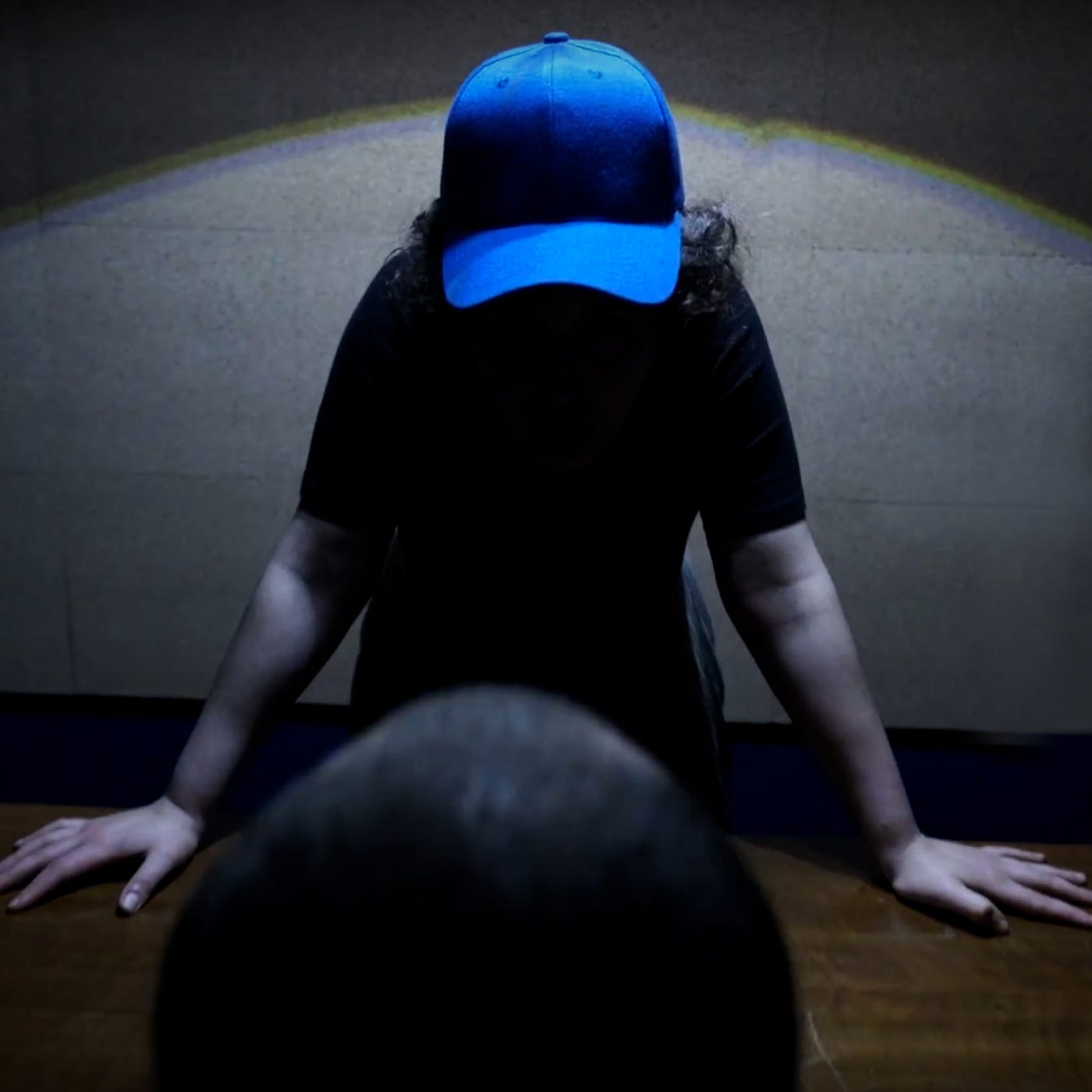
In another scene, we are exposed to a satirical border control agency through a tyrannical guard, who questions and interrogates each of us, asking questions based on what we look like and sound like as we try to “cross.” Although humorous at the time, there certainly is some dark undertone to this moment, as preconceptions of a person’s identity, based on their appearance and even their name, are exploited here. Having a hard to pronounce name resulted in having your identity literally changed in front of your eyes, so as to “better fit in.” Those who presented as “American” had easy questions to answer, but a lot more was required from “others.” This imbalance created an intriguing moment of tension in the show, but disappointingly, not all of us had a chance to interact with the agent, before we were all ushered through into a new scene.
We also experience a kindergarten show-and-tell scene, where we again are asked what our identity means to us, and what can’t be seen purely through appearance. This scene was perhaps the most interesting to me, as audience members were given a chance to share and reflect on their own identity, both privately and with the group, although unfortunately our time here was cut very short (we had barely criss-cross-apple-sauce’d on the floor, and it was time to move on.)
Just one of these topics could be a show itself, so to reduce each topic down to a single short scene feels somewhat of a waste of the meaningful source material that Inheritance is looking to explore. I admire the creative team for wanting to look at the wide range of topics that comes with examining identity, but for me this felt like trying to fit everything they could into a single performance, rather than taking time to focus in on one topic and to do so thoroughly. After all, trying to cram as much as you can inside a Russian doll does not make the whole stronger, and if you’re not careful you can just end up creating a mess.
Several times during Inheritance, there were moments of impromptu interaction with the audience. A Russian jazz ballad plays, and while Katya and her babushka sang and danced along to it, I also noticed several of the audience members were singing along. Later a Shabbat prayer is offered, and I heard the words of that prayer echoing around the room. On both occasions, it was hard not to feel like something of an outsider looking in to the world rather than a part of it. I’m sure that for those who come from a similar background to Katya, these were moments of total immersion, but for me this felt like a special moment that I was missing out on, not having the same “inheritance” as those around me. This is not my story, and so perhaps I should just be happy to passively observe these moments, but I would have loved to have been guided and invited into them rather than feeling left out.
In some immersive shows, you’re a fly on the wall, observing a fictional family or learning about a family that has long gone. However, the difference here is that Inheritance is based on a very present real-life family, one who you are exploring the space with, in real time. The lines between reality and fiction are so blurred here, it almost becomes a meta exploration of theatrical entertainment, as we explore these very real and very present people. It is wonderful that Katya has been able to create this piece using her own family in the production, which certainly gives the evening authenticity. It makes me think of that strange and glorious feeling of being welcomed into a new partner’s family for the first time. There is a sense of excitement and nervous energy that runs through everyone, as the family members make a fuss over the latest potential addition to the family. During Inheritance I found myself sitting with Katya’s mother, going through old family photos, making comments and jokes about the 80’s hair, and realizing the shocking physical resemblance between mother to daughter. It was all so real, so tangible, and so fourth wall-breaking, this is certainly an immersive project that I won’t be forgetting soon.
Like any family get together, though, it wasn’t a perfectly polished performance. Some of the scenes felt rushed, and there were moments of feeling like a “guest” of the family as opposed to a member of the family. There were one or two technical blips along the way, and perhaps having the venue full to capacity was not beneficial for the overall experience. Over thirty extended family members in one small living room, is, well, a lot. Aiming to cover all manifestations of identity and inheritance in one evening of theatre was always going to be a stretch. But just because something is not perfect, does not mean that you can’t feel the love that has been poured into the creation, and certainly doesn’t mean that you can’t enjoy it.
This is the first production from the newly founded Inheritance Project company. As Katya says herself in the finale of Inheritance, self-discovery doesn’t happen overnight. This is the start of a journey, rather than the destination; as the old proverb goes, every great journey must begin with a single step. By opening up the floor to discussions on race, religion, background, culture, and heritage, this first show highlights many areas that are the building blocks of every person’s inheritance story. This was a highly personal exploration for Katya, and I came away feeling that I have begun to really get to know this talented performer (and her family).
So if this performance is any indication of what is to come, this immigrant new New Yorker looks forward to joining the conversation around the dinner table in further explorations. Spasibo.
Inheritance (the show) has concluded. Learn more about the ongoing Inheritance Project.
NoPro is a labor of love made possible by our generous Patreon backers. Join them today!
In addition to the No Proscenium web site, our podcast, and our newsletters, you can find NoPro on Twitter, Facebook, YouTube, Instagram, in the Facebook community Everything Immersive, and on our Slack forum.
Office facilities provided by Thymele Arts, in Los Angeles, CA.


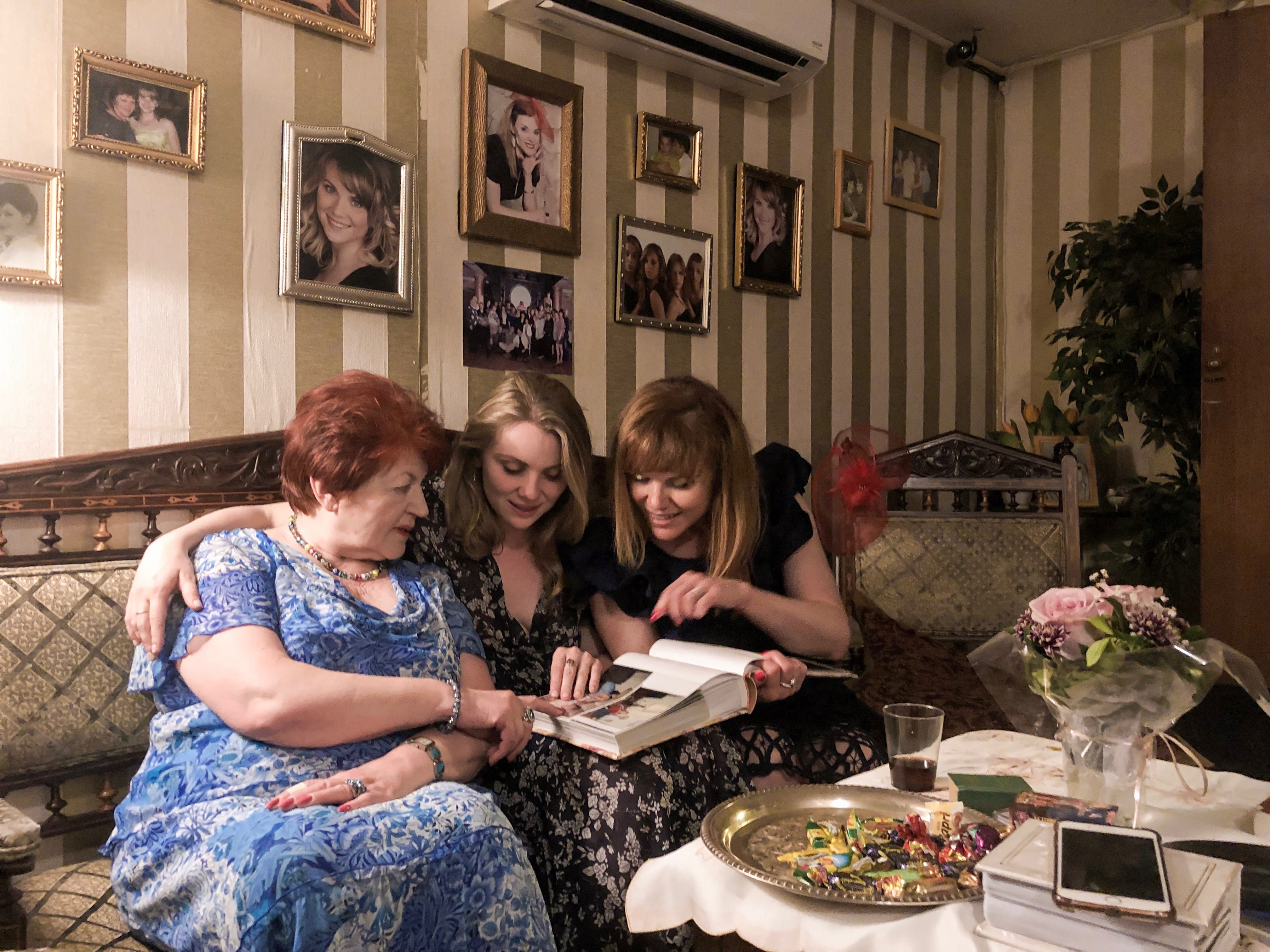
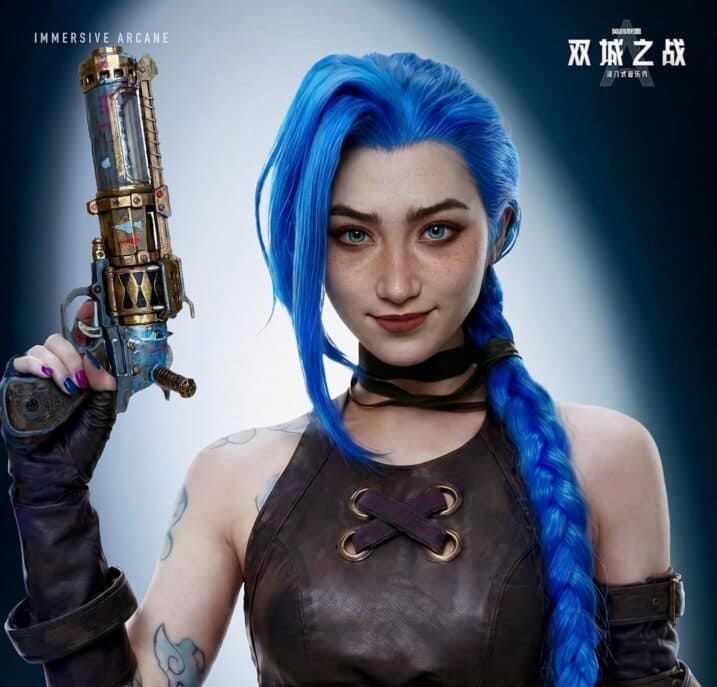


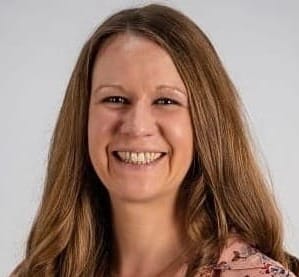

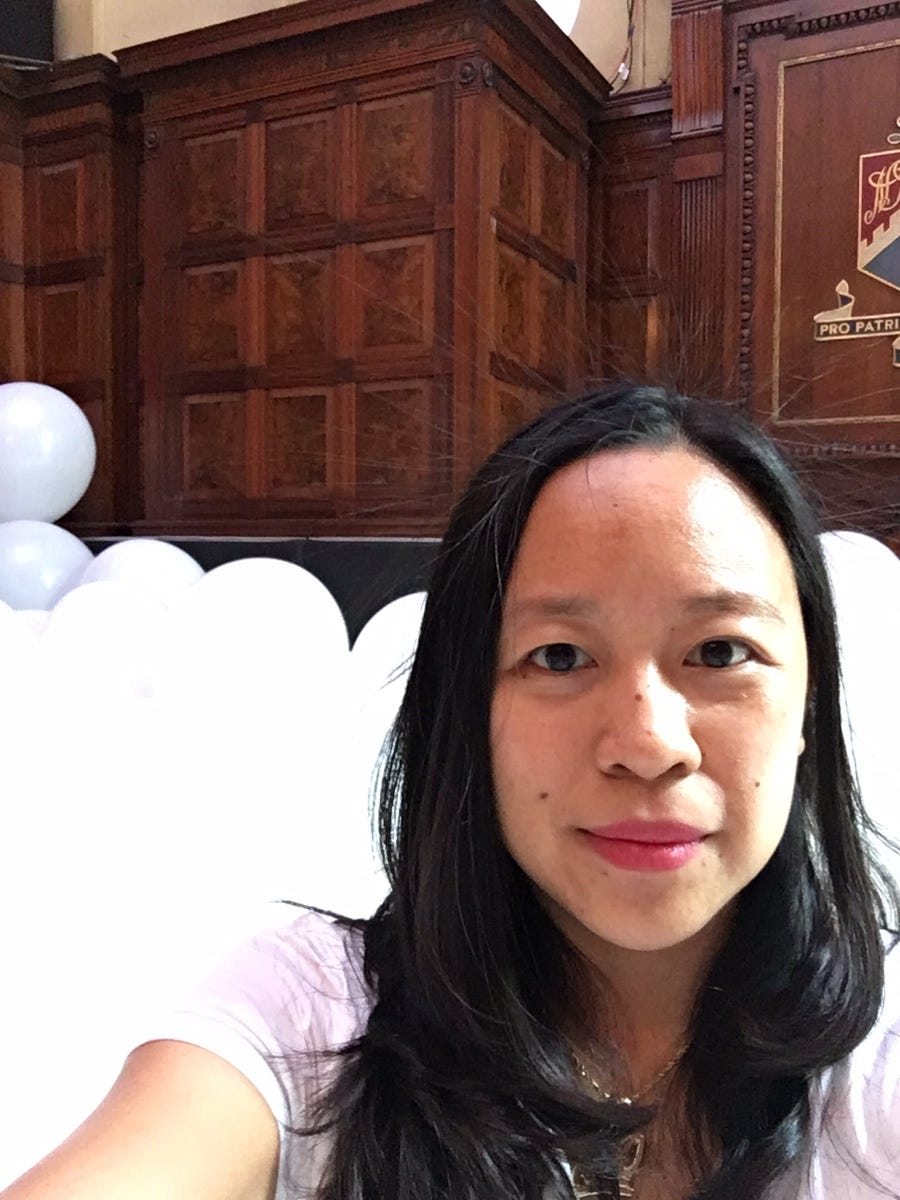
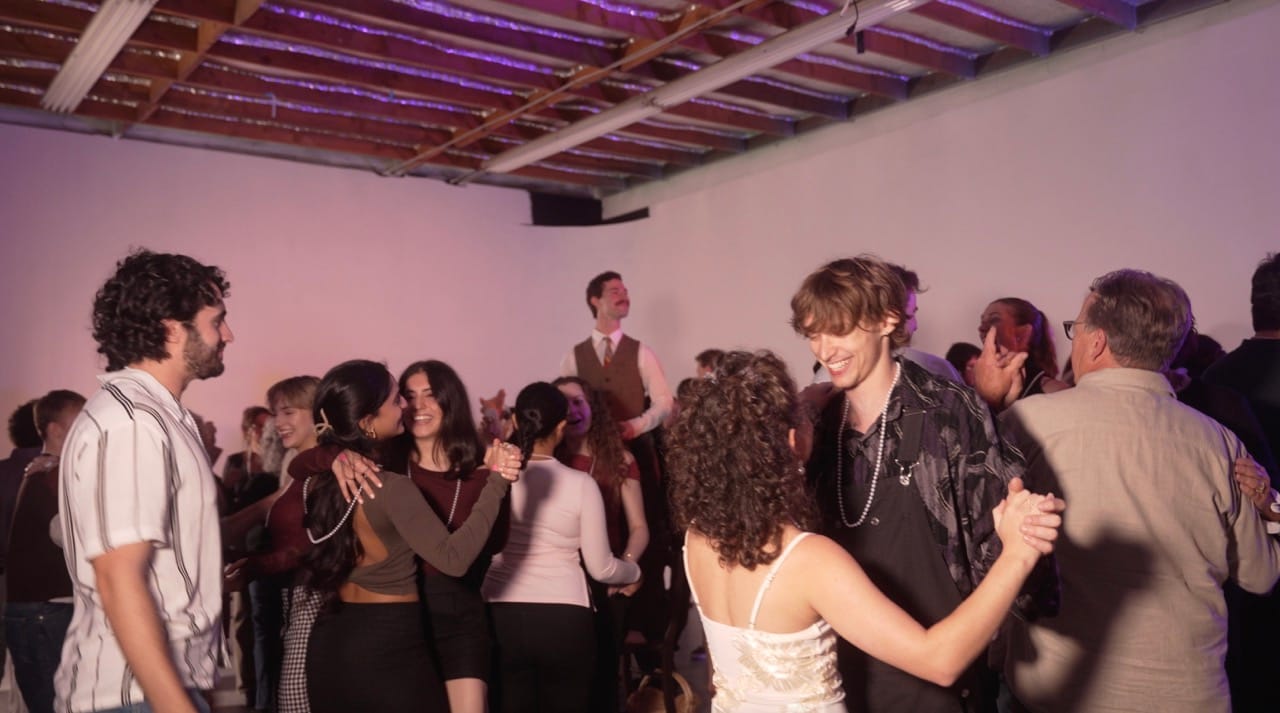
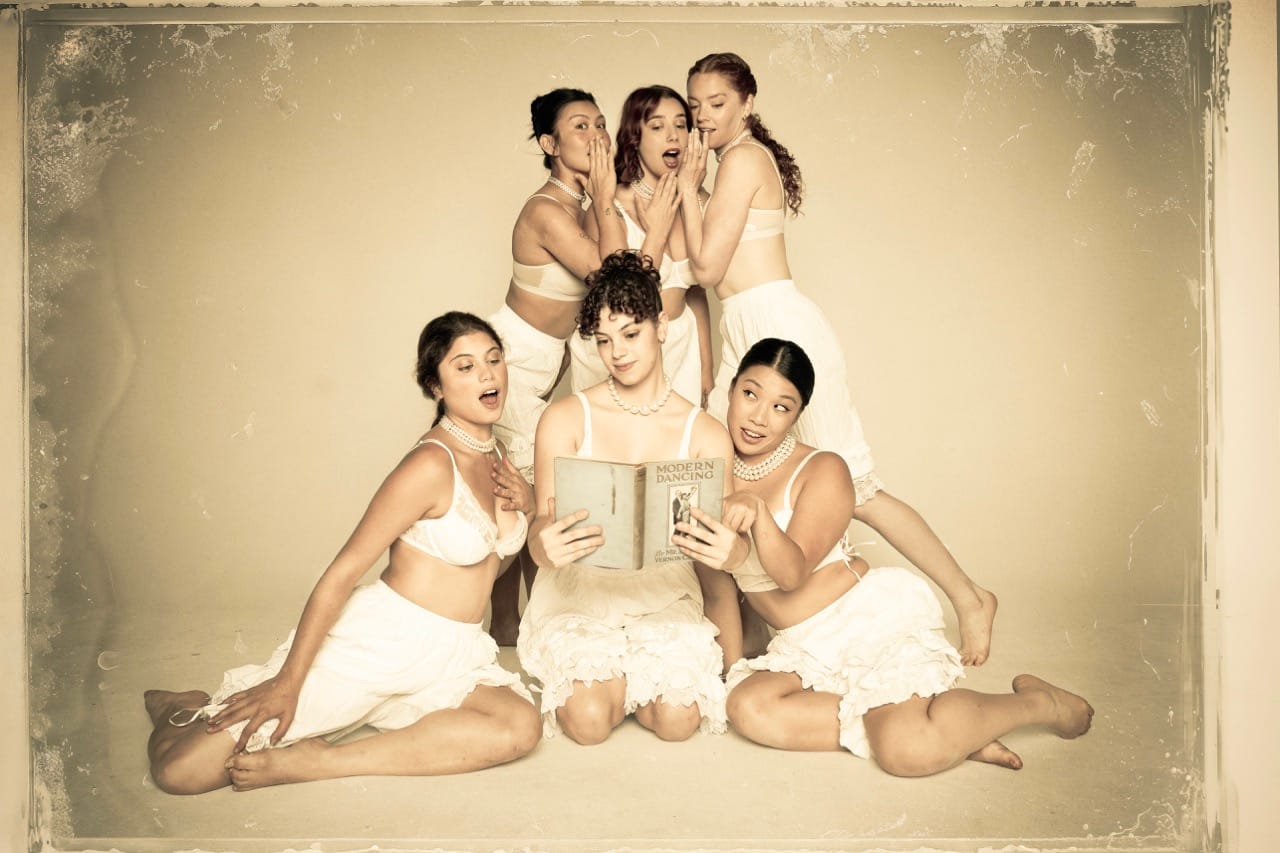
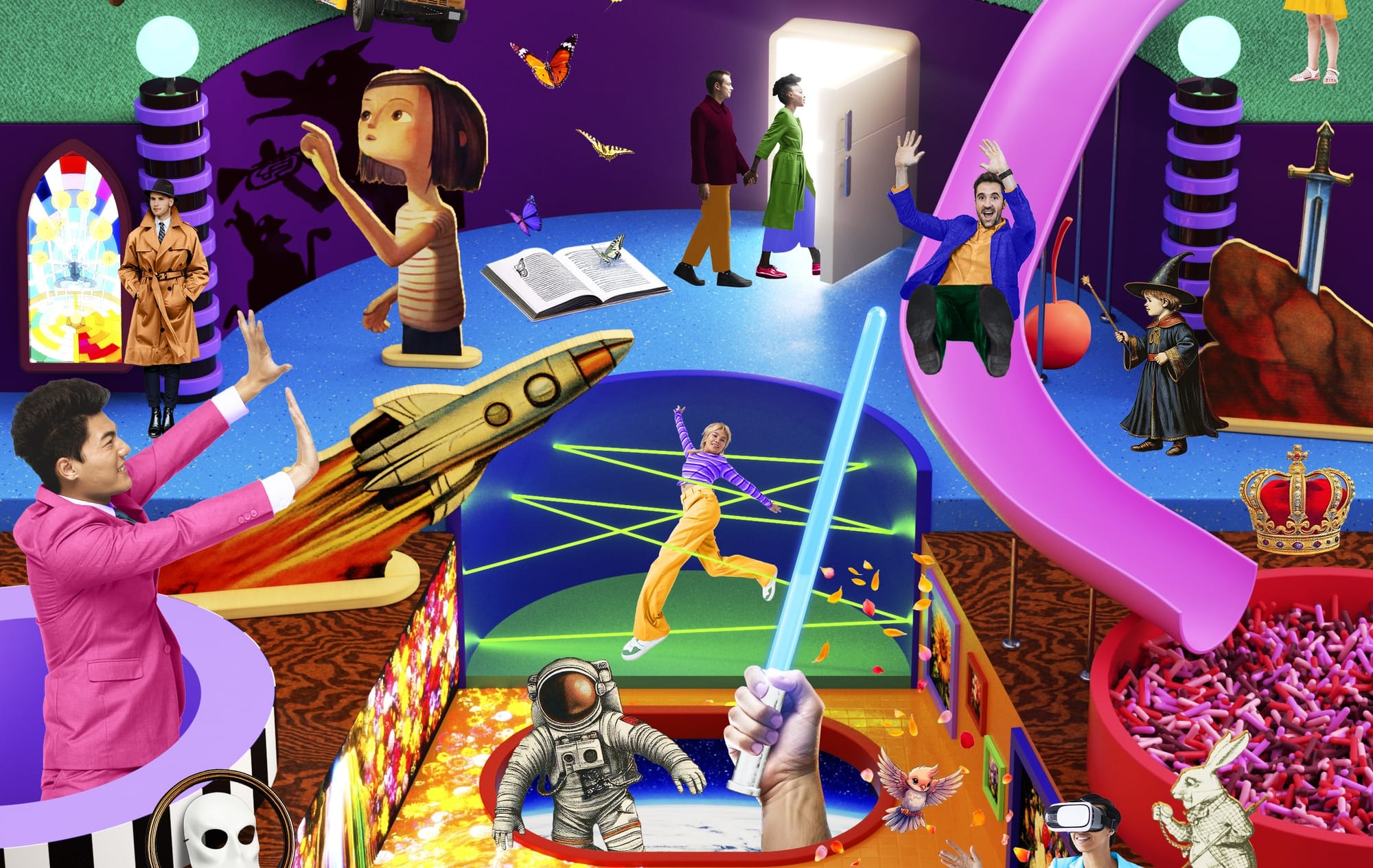
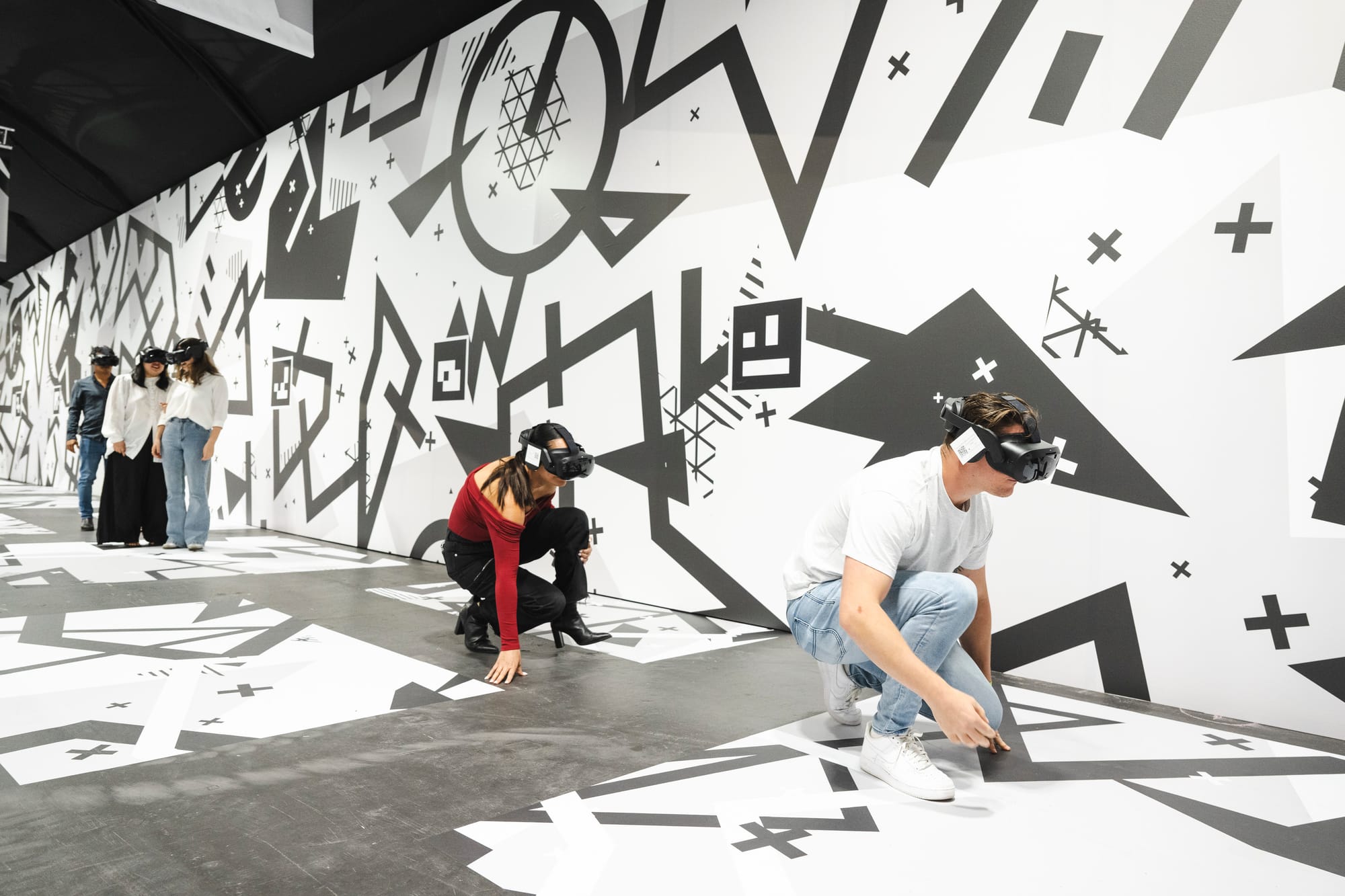
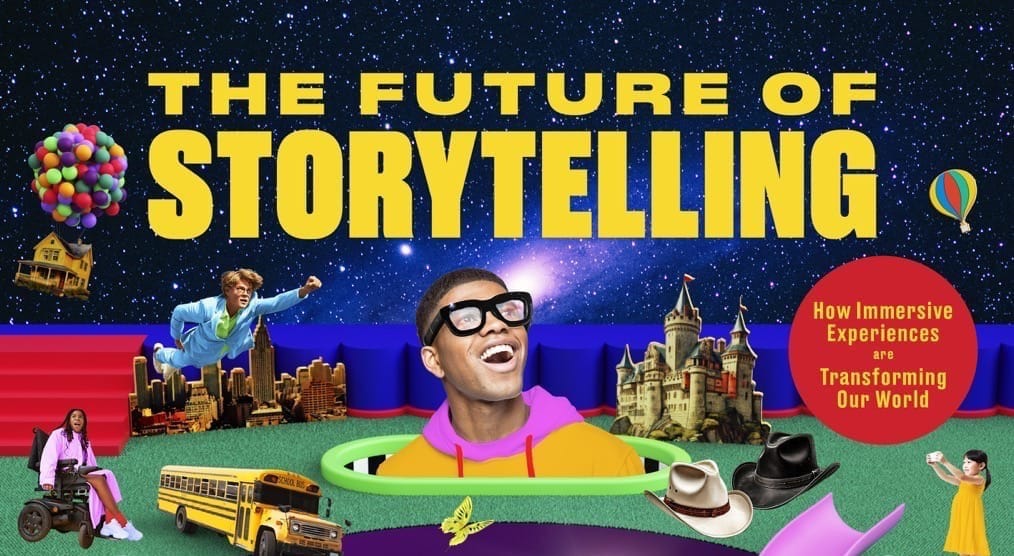

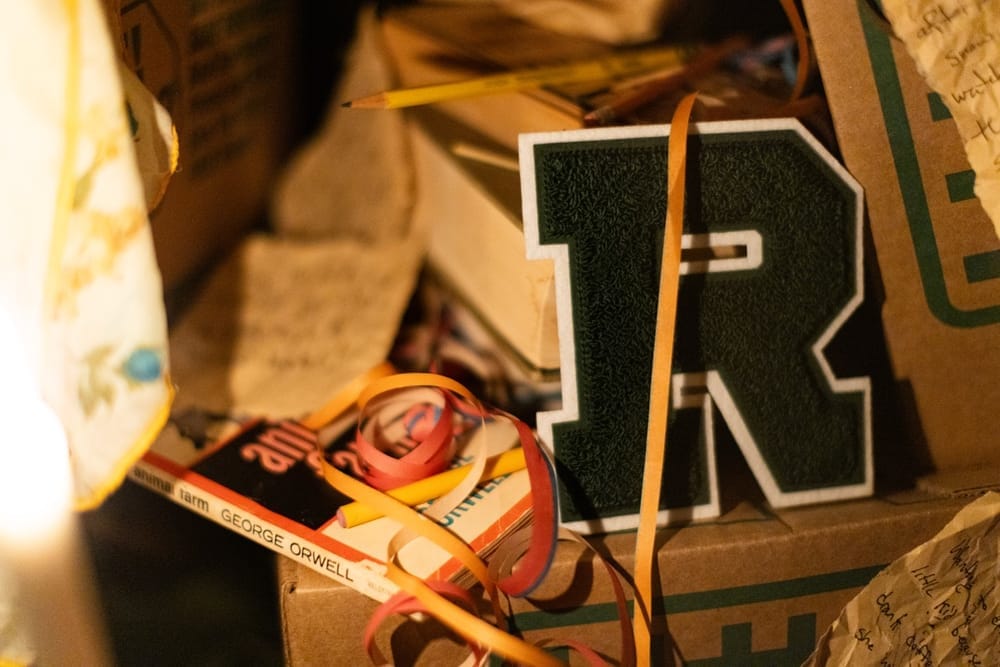
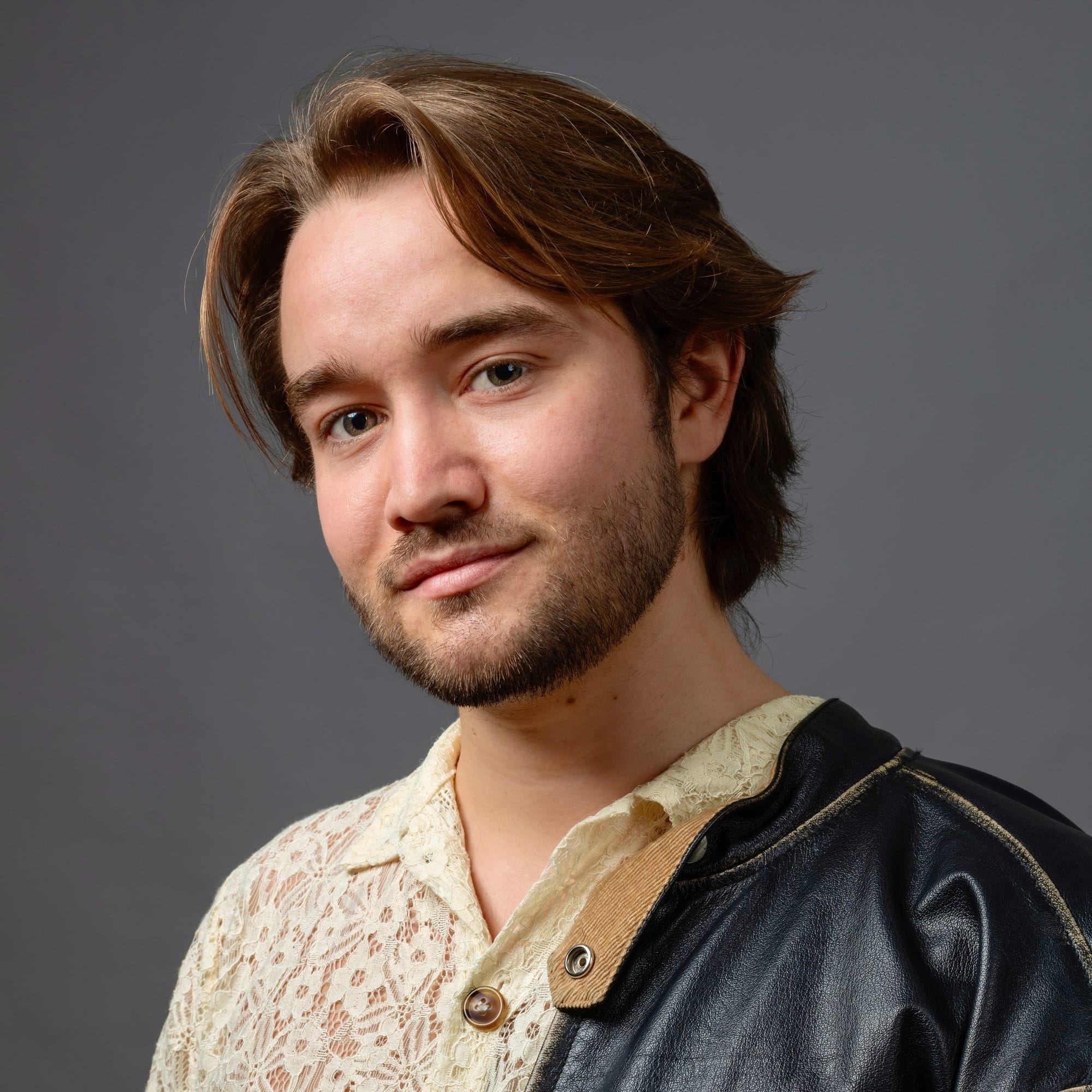
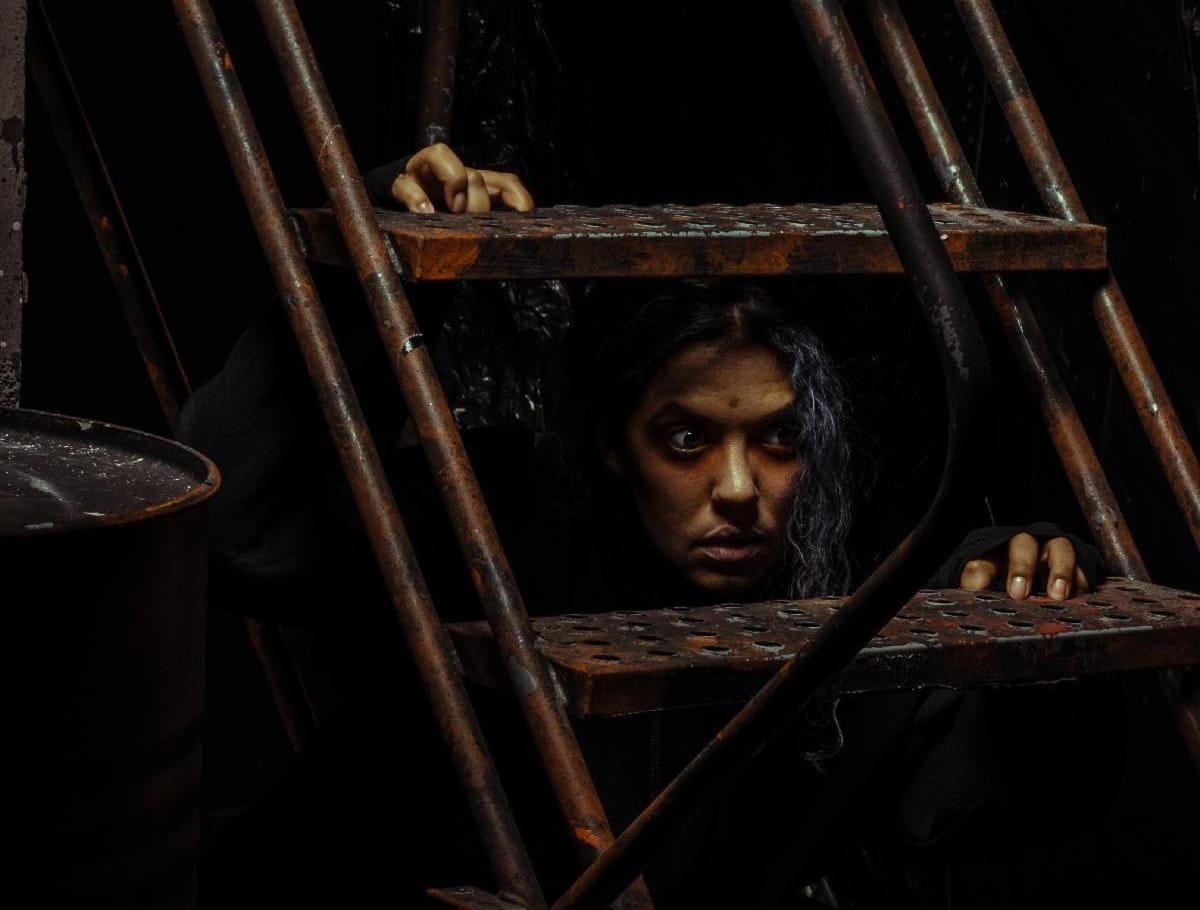
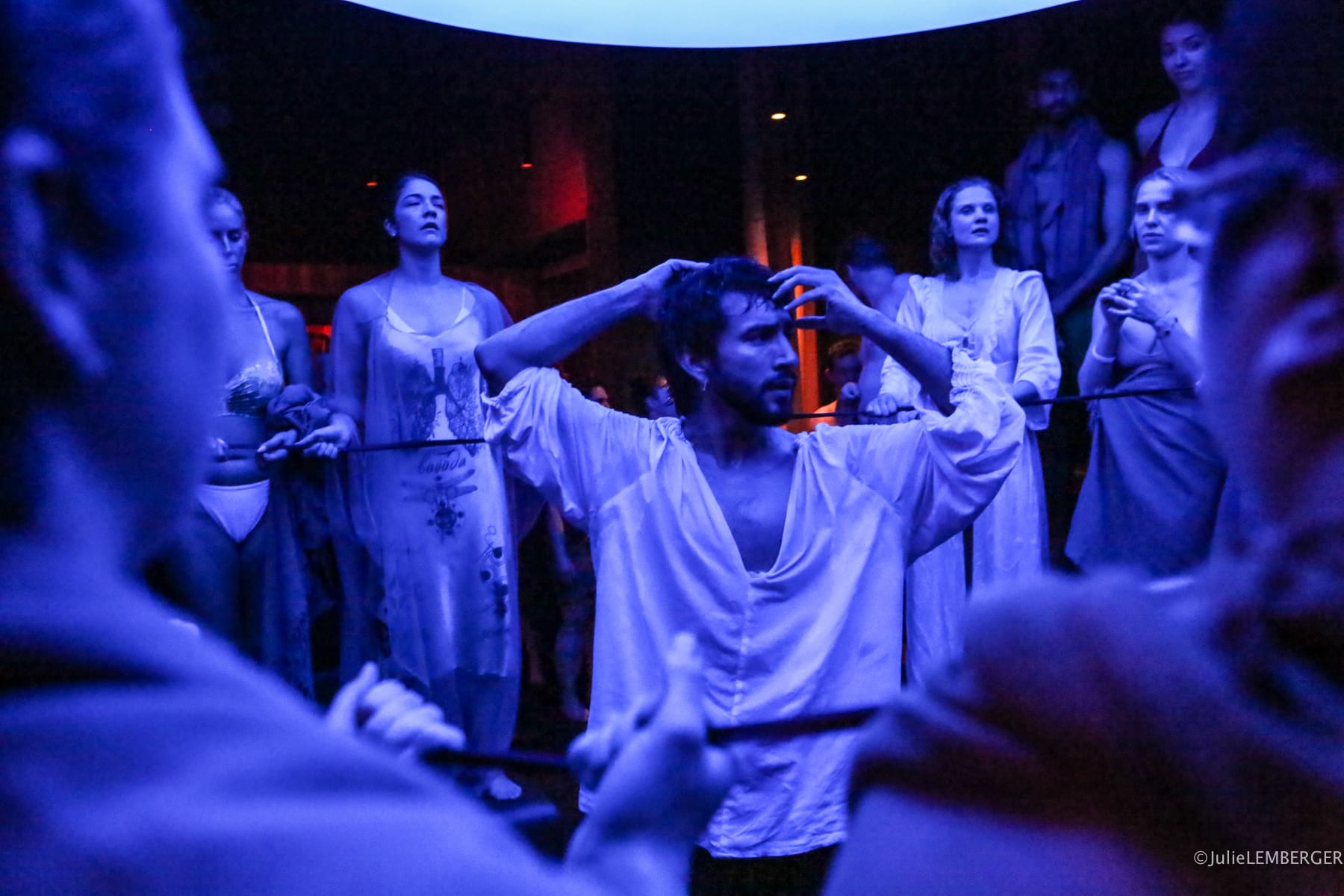
Discussion